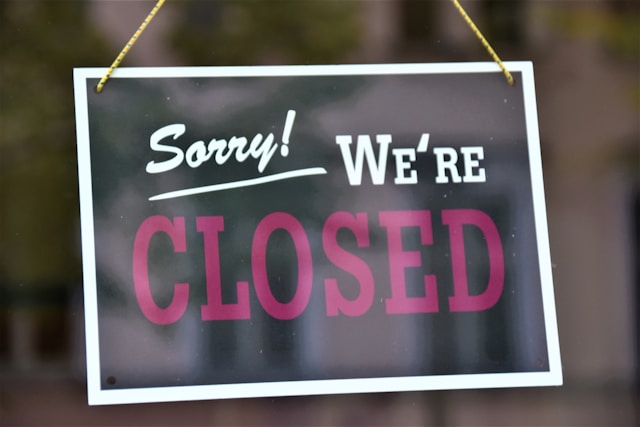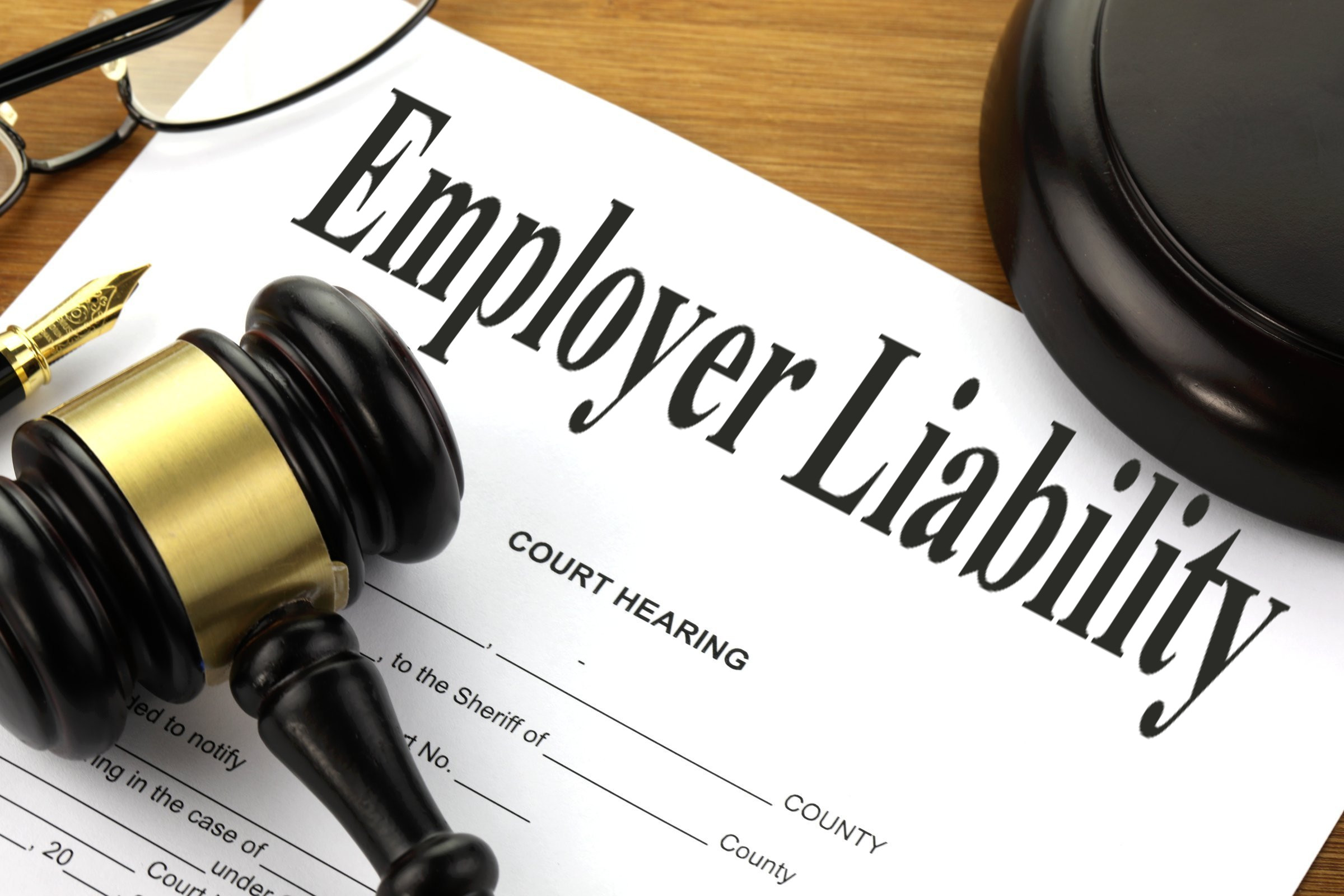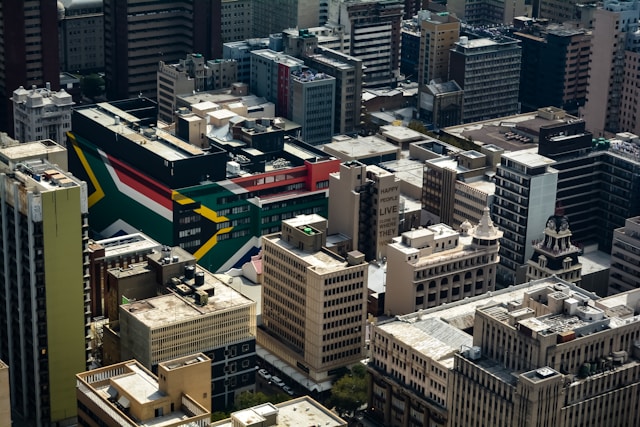If you’ve run a business in South Africa for more than about ten minutes, you already know the truth: disruption isn’t an occasional inconvenience—it’s baked into the operating environment.
Load shedding schedules feel like weather reports now (“Stage 6 again? Yebo, of course.”) And protests can go from peaceful to paralyzing in the space of a single lunchtime meeting.
This is exactly where Business Interruption Insurance steps in, although most business owners only discover how it works after they’ve already had a disastrous week. Or month.
I’ve had conversations with business owners who thought business insurance was only about fire, theft, and the usual. And to be fair, that’s the default assumption until you go through your first real disruption and realise you’re suddenly doing the maths on how long your cash flow can survive without revenue. Spoiler: it’s rarely as long as you hope.
A quick story before we get into the heavy stuff
A few years ago, I met a café owner in Durban who laughed—genuinely laughed—when I asked if he had Business Interruption Insurance. He told me he’d never needed it in 17 years of running the place. “We’ve survived the recession, a health inspector who hated me, and that week the sewer burst outside the shop,” he said.
Three months later, the July unrest hit. His street looked like a scene from a documentary. He didn’t laugh then. He didn’t cry either—he just stared at the shell of his shop like someone watching a car they forgot to handbrake roll down a hill. He had the right property cover but hadn’t added interruption cover because “it felt like a luxury”.
His insurer covered the damage. The lost revenue? Not a cent.
That’s when you feel the difference.
1. Riots: the real costs no one plans for
Riots in South Africa have this unsettling rhythm—things seem normal until they aren’t. When the 2021 unrest spread across KZN and Gauteng, many businesses didn’t lose their physical premises, but they lost access to them. Employees couldn’t get in. Roads were blocked. Inventory sat unreachable in warehouses.
One manufacturing business I heard about in Pinetown didn’t have a single broken window, yet they lost close to R2 million in revenue simply because their raw materials were stuck in a vandalised logistics hub.
The factory machines sat silent for 11 days. Eleven days doesn’t sound catastrophic until you’re paying salaries, rent, loan repayments, and your biggest customer is threatening to move to another supplier.
This is where Business Interruption Insurance matters: it covers not just the physical damage but the knock-on earnings loss—the part that lingers long after the smoke clears.
2. Strikes: more complicated than the headlines suggest
Strikes are almost a cultural fixture here. Some are orderly, others… not so much. What people forget is how a strike can hit businesses indirectly. A friend who runs a small packaging company in Germiston told me his longest interruption wasn’t due to his staff striking, but the transport industry strike.
“No trucks, no deliveries. No deliveries, no clients. No clients, no point switching the machines on,” he said.
He had business insurance. But not interruption cover. He spent seven weeks trying to negotiate payment terms just to keep his head above water. The irony? His production line was working perfectly—it just had nothing to produce for.
Interruption cover can apply here, depending on the policy wording—and that’s something most business owners never check closely. Some policies cover non-damage interruptions caused by suppliers or service providers. Others don’t. And honestly, most people only realise the difference when their claim gets rejected.
3. Load shedding and power failures: the slow killer of consistency
Here’s the thing about load shedding: it’s predictable in the most unpredictable way. You know it’s coming but never when it’ll jump stages. I’ve seen restaurants in Joburg with three different contingency plans—one for each backup generator level.
But even then, power outages cause more than short-term losses. One tech firm in Cape Town told me they once lost a full week’s worth of client data processing because their cloud sync failed mid-outage. The hardware was fine. The office was fine. The revenue? Gone. They also had to compensate their client—ironically more than the project was worth.
Some insurers classify this kind of outage under the Business Interruption Insurance extension for “public utilities failure.” Others exclude it altogether (especially the cheaper policies). This is why some business owners now read policy documents with the intensity of someone checking expiry dates on chicken at Checkers.
4. The messy, unglamorous part: proving your losses
People imagine Business Interruption claims are simple: disruption = payout.
Not quite.
Adjusters want numbers. Lots of numbers. Past revenue, projected revenue, fixed costs, variable costs, the whole orchestra. One bakery owner in Johannesburg told me she spent more time compiling spreadsheets for her claim than she did baking during the period she was closed.
But here’s the nuance most articles skip: good record-keeping doesn’t just speed up claims—it affects how much you’re paid. If your records are vague, the insurer uses conservative assumptions. And conservative assumptions rarely favour the claimant.
5. So is Business Interruption Insurance worth it?
Depends who you ask.
Some business owners swear by it—usually the ones who’ve lived through the kind of disruption that makes you stare at your bank balance like it personally betrayed you. Others think it’s an unnecessary extra, right until that one chaotic July or unexpected 6-hour outage wipes out their busiest trading day.
I think of it like this: South Africa is unpredictable in the way a mischievous toddler is unpredictable—something will break, but you don’t know when or how loud it’ll be. Business Interruption Insurance is basically the grown-up way of preparing for that.
Not perfectly. But enough to stay standing when everything else wobbles.









